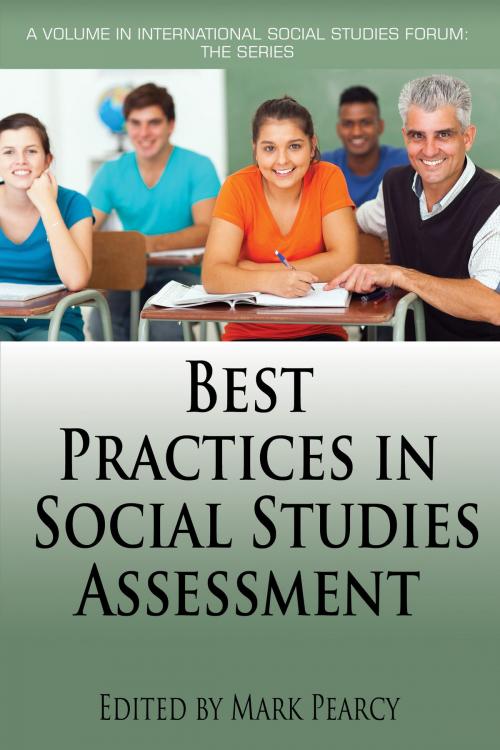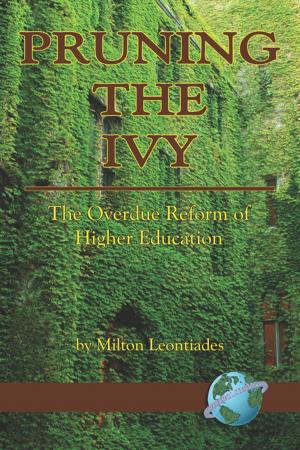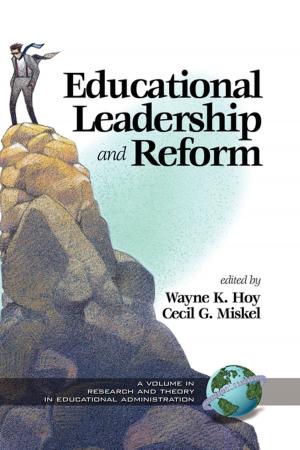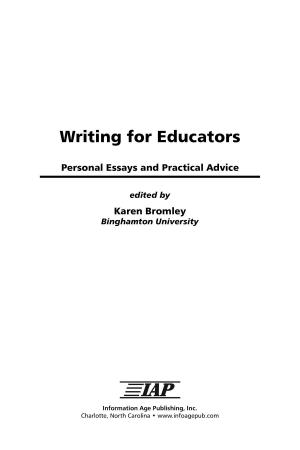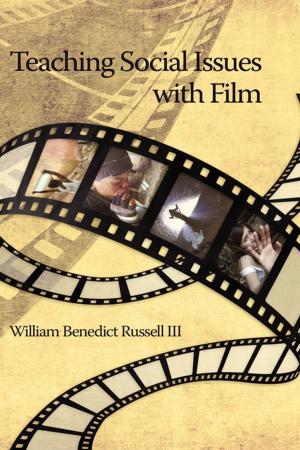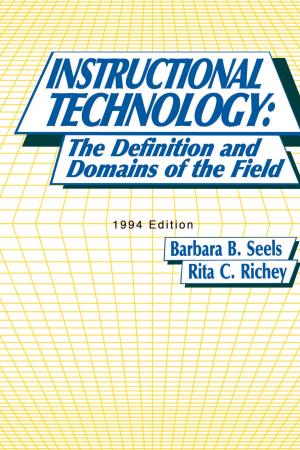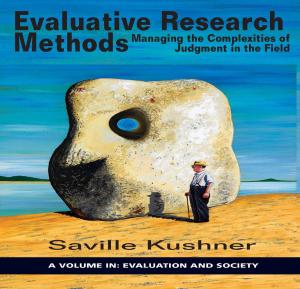Best Practices in Social Studies Assessment
Nonfiction, Social & Cultural Studies, Social Science, Methodology, Reference & Language, Education & Teaching, Educational Theory, Philosophy & Social Aspects, Teaching, Teaching Methods| Author: | ISBN: | 9781681237633 | |
| Publisher: | Information Age Publishing | Publication: | March 1, 2017 |
| Imprint: | Information Age Publishing | Language: | English |
| Author: | |
| ISBN: | 9781681237633 |
| Publisher: | Information Age Publishing |
| Publication: | March 1, 2017 |
| Imprint: | Information Age Publishing |
| Language: | English |
The importance of social studies assessment is beyond question. The National Council of the Social Studies’ C3 Framework recognizes the importance of high?quality assessments—its major objective, a “deep understanding of the sociocultural world,” has as its underpinning the idea that students must be able to investigate the world, and that teachers much be able to assess their understanding of it. However, there is a comparative dearth of research that focuses on effective social studies assessment, particularly with regard to the impact of teacher practice on the development of best practices. Such research is vital to moving social studies away from an emphasis on testing and more towards using assessment as a means of educating our students. In Best Practices of Social Studies Assessment, we focus on an essential question: what is an "effective" assessment? Helping teachers develop practical, creative, curriculum?appropriate strategies is essential, especially in an era in which teachers are faced with the dilemma of creating inquiry?based assessments in the midst of preexisting regimes of standardized summative assessments. In this volume, research conducted between university professors and working teachers is described, focusing on innovative assessment practices. These practices include role?playing activities depicting historical events; Socratic seminars revolving around public policy issues; collaborative student projects on a wide range of social inquiries, including the implementation of UN programs; and the promotion of critical thinking and writing skills, on subjects as diverse as school violence and the impact of imperialism. These adaptive assessments highlight the essential role of the teacher in creating assessments that blend higher?order critical thinking, complex content knowledge, and an understanding of their own students. The strategies described in this volume focus on the ability of expert educators to “[acknowledge] the structures, power, and consequences of high?stakes testing regimes while simultaneously designing and sustaining classroom assessment methods that embody the social?participatory nature of learning and reflect research on effective practice” (p. 289). The volume also describes the shared characteristics of the teachers who created these assessments, especially their emphasis on self?reflection and student autonomy, as well as their professional willingness to take on challenges associated with performance?based assessments, even in the face of institutional pressures and external demands.
The importance of social studies assessment is beyond question. The National Council of the Social Studies’ C3 Framework recognizes the importance of high?quality assessments—its major objective, a “deep understanding of the sociocultural world,” has as its underpinning the idea that students must be able to investigate the world, and that teachers much be able to assess their understanding of it. However, there is a comparative dearth of research that focuses on effective social studies assessment, particularly with regard to the impact of teacher practice on the development of best practices. Such research is vital to moving social studies away from an emphasis on testing and more towards using assessment as a means of educating our students. In Best Practices of Social Studies Assessment, we focus on an essential question: what is an "effective" assessment? Helping teachers develop practical, creative, curriculum?appropriate strategies is essential, especially in an era in which teachers are faced with the dilemma of creating inquiry?based assessments in the midst of preexisting regimes of standardized summative assessments. In this volume, research conducted between university professors and working teachers is described, focusing on innovative assessment practices. These practices include role?playing activities depicting historical events; Socratic seminars revolving around public policy issues; collaborative student projects on a wide range of social inquiries, including the implementation of UN programs; and the promotion of critical thinking and writing skills, on subjects as diverse as school violence and the impact of imperialism. These adaptive assessments highlight the essential role of the teacher in creating assessments that blend higher?order critical thinking, complex content knowledge, and an understanding of their own students. The strategies described in this volume focus on the ability of expert educators to “[acknowledge] the structures, power, and consequences of high?stakes testing regimes while simultaneously designing and sustaining classroom assessment methods that embody the social?participatory nature of learning and reflect research on effective practice” (p. 289). The volume also describes the shared characteristics of the teachers who created these assessments, especially their emphasis on self?reflection and student autonomy, as well as their professional willingness to take on challenges associated with performance?based assessments, even in the face of institutional pressures and external demands.
